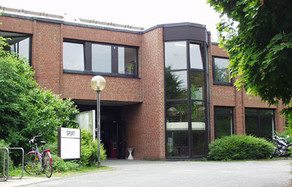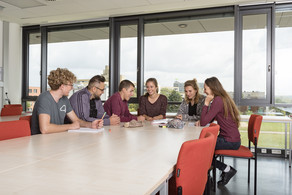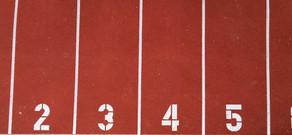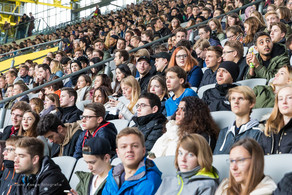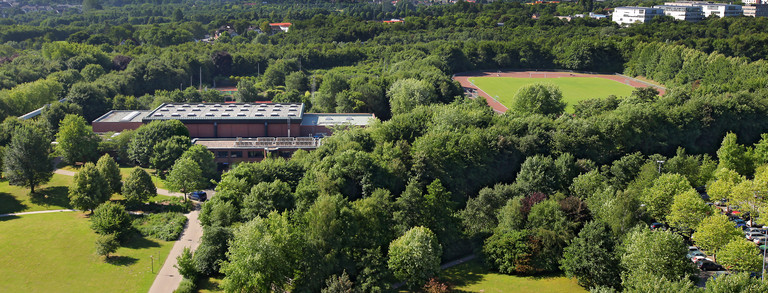Scientific monitoring of the "Orientation through Sport" program
| Project Management: | Prof. Dr. Ulrike Burrmann Prof. Dr. Nils Neuber (WWU Münster) |
| Collaborators: | Katrin Brandmann Dr. Enrico Michelini Sarah Quade (WWU Münster) |
| Client: | dsj |
| Duration: | December 2016 - May 2017 |
Goals and contents
Problem situation In 2015, the Federal Government Commissioner for Migration, Refugees and Integration and the Deutsche Sportjugend (dsj) launched the program "Orientation through Sport - Concrete Help for Young Refugees on Site" (OdS Program). The OdS Program provides funding measures to support sports clubs and sports associations (nationwide) in establishing offers (especially in the field of sports) for young (unaccompanied) refugees.The OdS program pursues the following goals: - the creative (further) development of movement and sports offers for young (unaccompanied) refugees and their sustainable chances of success, - the establishment and expansion of a network within sports youth to improve the exchange of experience and information, - the coordination and development of the fields of activity in sports organizations and associations in order to counteract undesirable developments.Questions of the scientific monitoring: The scientific monitoring of the almost 40 project measures funded, carried out on behalf of the German Sports Youth, is initially planned for the period from December 2016 - May 2017 and is currently being carried out in cooperation with the universities of Dortmund and Münster. The aim of the scientific stocktaking is to obtain information about the implementation of the above-mentioned objectives to date. The aim of the scientific review is to obtain information about the implementation of the above-mentioned objectives to date; to gain insight into the possibilities, limits, success and sustainability of the implemented measures and to derive recommendations for action for the optimization, transfer and further development of the measures. The evaluation is guided by questions that (1) relate in particular to the creative (further) development of physical activity and sports offerings for young refugees: Which goals are pursued by the actors of the program or which goals are linked to the individual measures and offers? Whether and to what extent have the goals envisaged by the individual actors - according to their assessments - been achieved? In addition, the "effects" of the individual measures taken are to be discussed, whereby this is to take place again in close reference to the goals prepared. Which regional characteristics and framework conditions of the associations on the one hand and of the target group (underage unaccompanied refugees) are to be taken into account in the project measures? (2) Questions are included that relate to the establishment and expansion of a sports youth-specific network of young volunteers: Who supervises the project groups? What supportive measures do the young volunteers receive or what measures do they consider necessary? Whether and to what extent is there an exchange of information between the volunteers involved in the project and between the volunteers of the dsj and the clubs? To what extent could a (volunteer) network be established? Where are the difficulties? One set of questions (3) refers to the conceptual and coordinative tasks in the context of the project measures and their further development: Which requirements are connected with the control of the project measures in the associations/the dsj? How high is the administrative effort for the conceptual and coordinative tasks? Which supporting measures, e.g. by the dsj, have proven helpful? How can sustainability of the project measures be achieved? Which structures are necessary for this? The data will be collected with different empirical approaches (document analysis, guideline-based interviews, field observations). The evaluation of the qualitative data is done by means of qualitative content analysis. The results so far show that most of the offers are well attended and are carried out with few economic resources. Most of the contact persons of the clubs/associations want to continue the activities in the future. However, further financial support is necessary in most cases to stabilize corresponding structures and build networks to ensure sustainable work.


